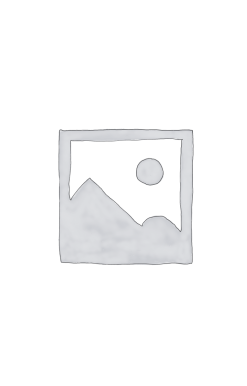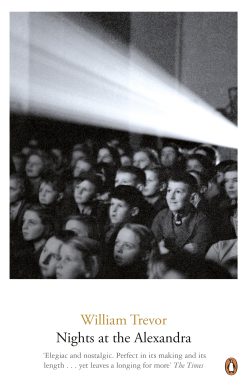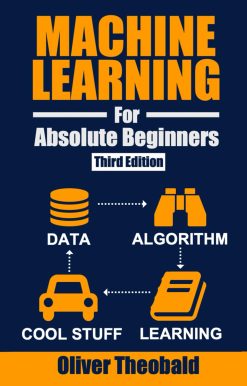The Formula: How Algorithms Solve all our Problems … and Create More
15.99 JOD
Please allow 2 – 5 weeks for delivery of this item
Add to Gift RegistryDescription
What if everything in life could be reduced to a simple formula? What if numbers were able to tell us which partners we were best matched with – not just in terms of attractiveness, but for a long-term committed marriage? Or if they could say which films would be the biggest hits at the box office, and what changes could be made to those films to make them even more successful? Or even who out of us is likely to commit certain crimes, and when? This may sound like the world of science-fiction, but in fact it is just the tip of the iceberg in a world that is increasingly ruled by complex algorithms and neural networks. In The Formula, Luke Dormehl takes you inside the world of numbers, asking how we came to believe in the all-conquering power of algorithms; introducing the mathematicians, artificial intelligence experts and Silicon Valley entrepreneurs who are shaping this brave new world, and ultimately asking how we survive in an era where numbers can sometimes seem to create as many problems as they solve.
Additional information
| Weight | 0.208 kg |
|---|---|
| Dimensions | 1.9 × 12.6 × 19.8 cm |
| Format | Paperback |
| language1 | |
| Pages | 304 |
| Publisher | |
| Year Published | 2015-2-5 |
| Imprint | |
| Publication City/Country | London, United Kingdom |
| ISBN 10 | 075354170X |
| About The Author | Luke Dormehl is a journalist and filmmaker and author of The Apple Revolution: The Real Story of how Steve Jobs and The Crazy Ones Took Over the World. His writing has appeared in publications including The Chap, SFX and Fighting Spirit. He has conducted numerous interviews with people for both print and television, including, Sir Ian McKellen and Alain de Botton. Dormehl has directed several documentary films, most recently The Pantomime (2009), a look at behind-the-scenes turmoil in a small village panto, which was narrated by the actor Simon Callow. |
| Review Quote | A persuasive, timely interrogation of one of our age's most dangerous assumptions: that information is the same as understanding, and that everything which counts can be counted. |
| Other text | This is exactly the type of book we need to be reading as society considers the computerized control of nearly all the systems that affect our lives. |





